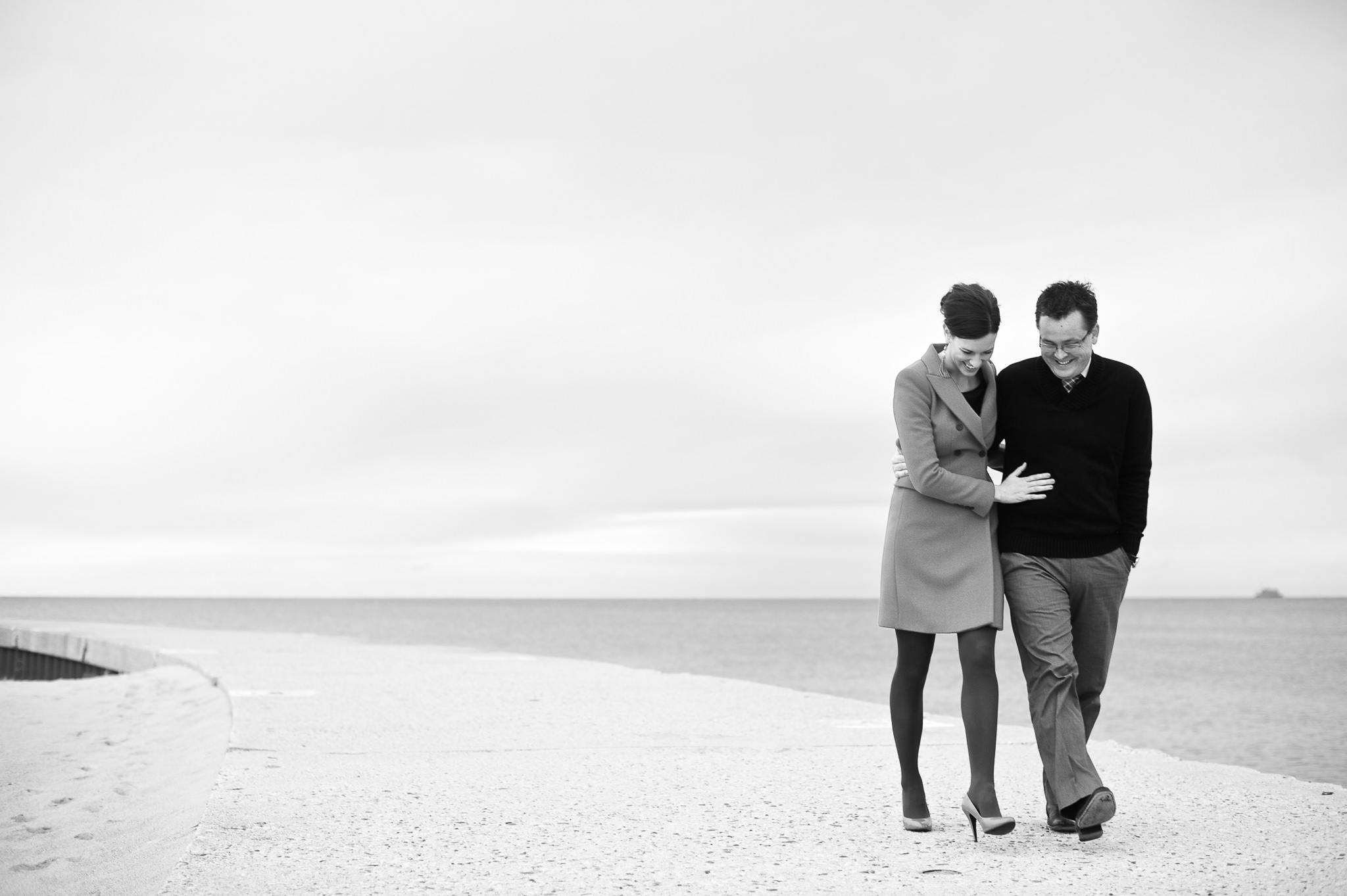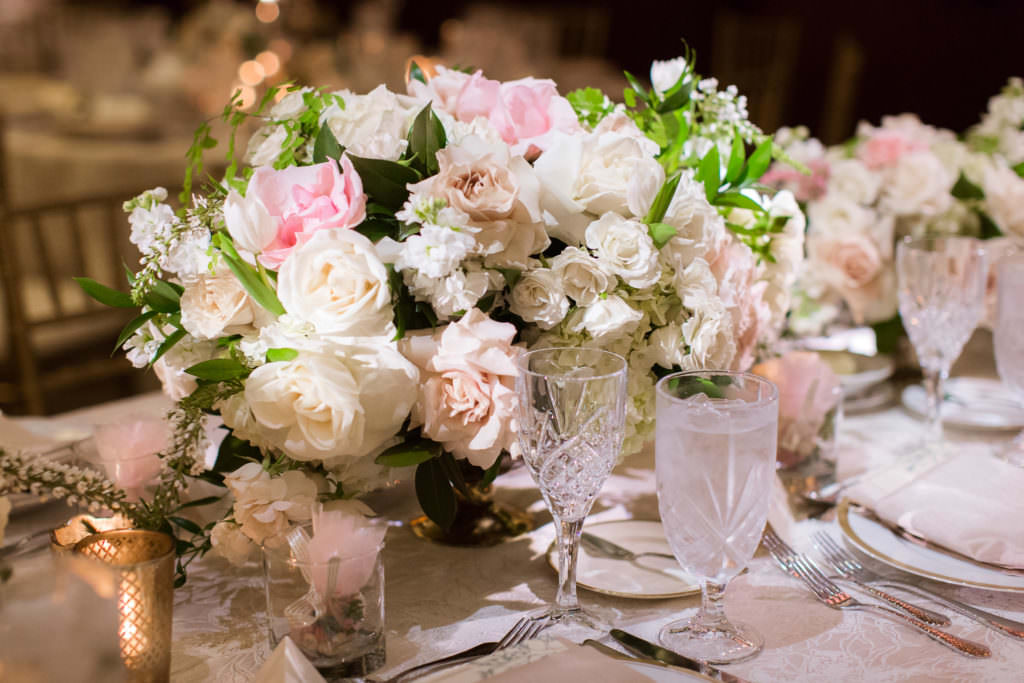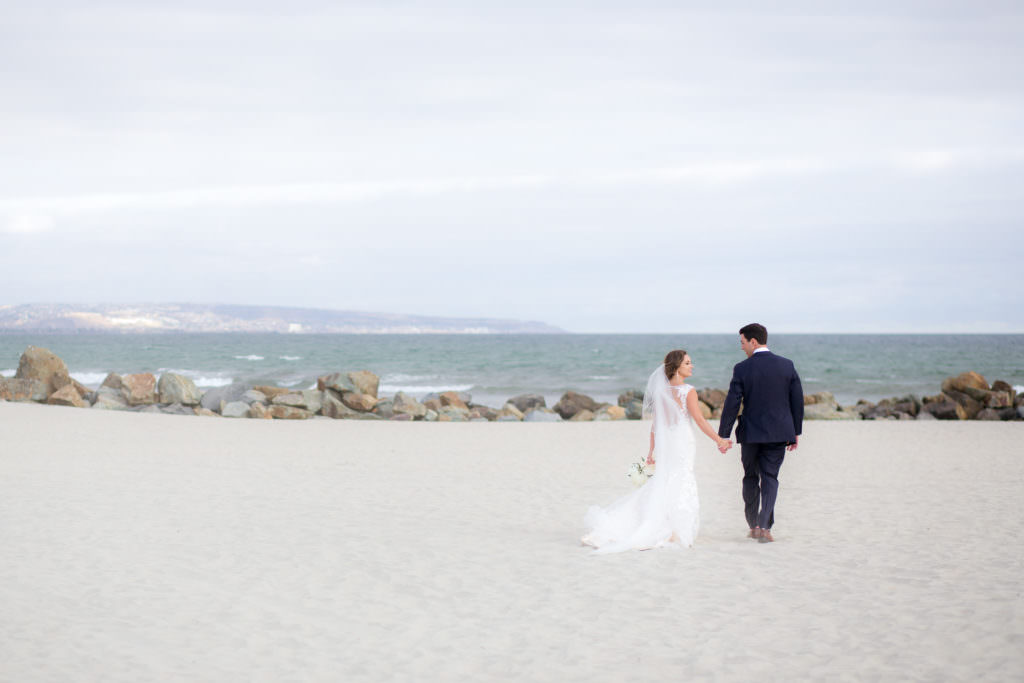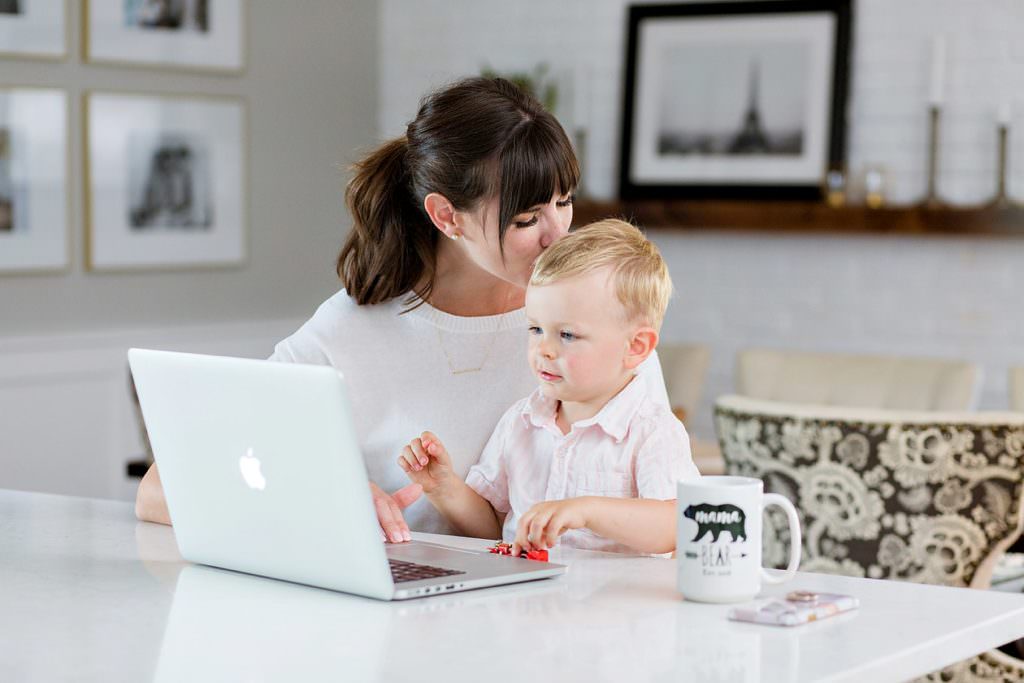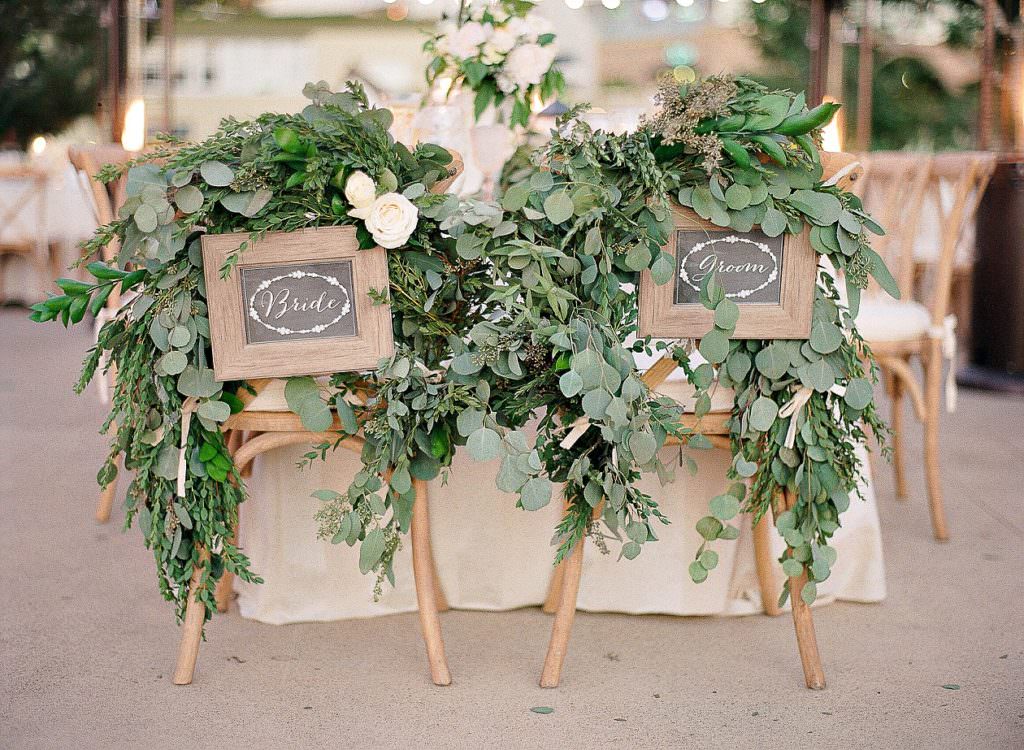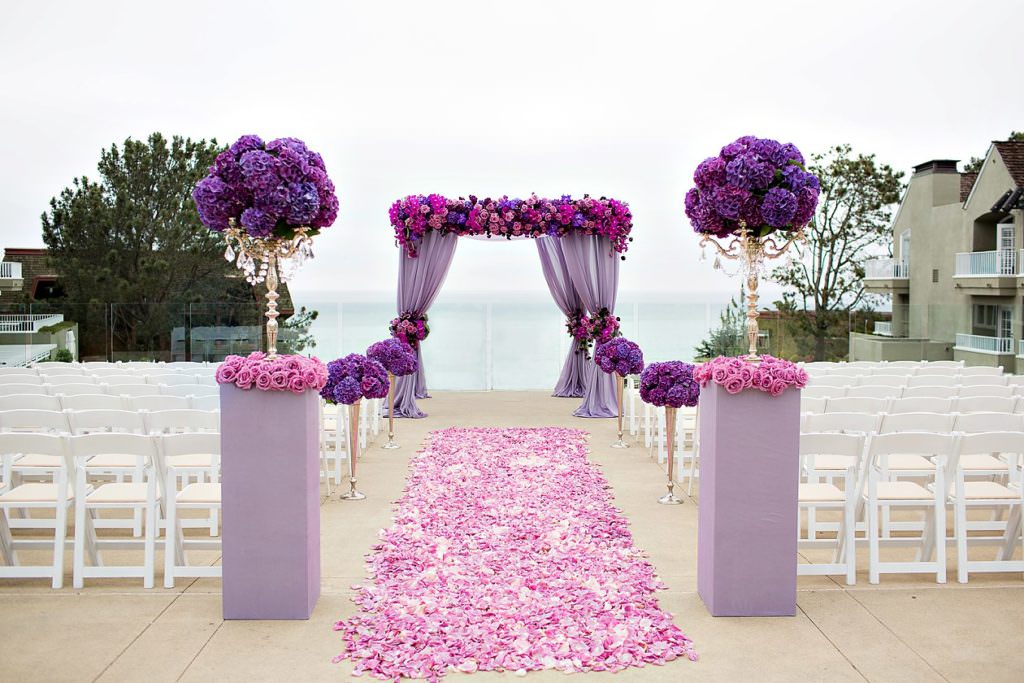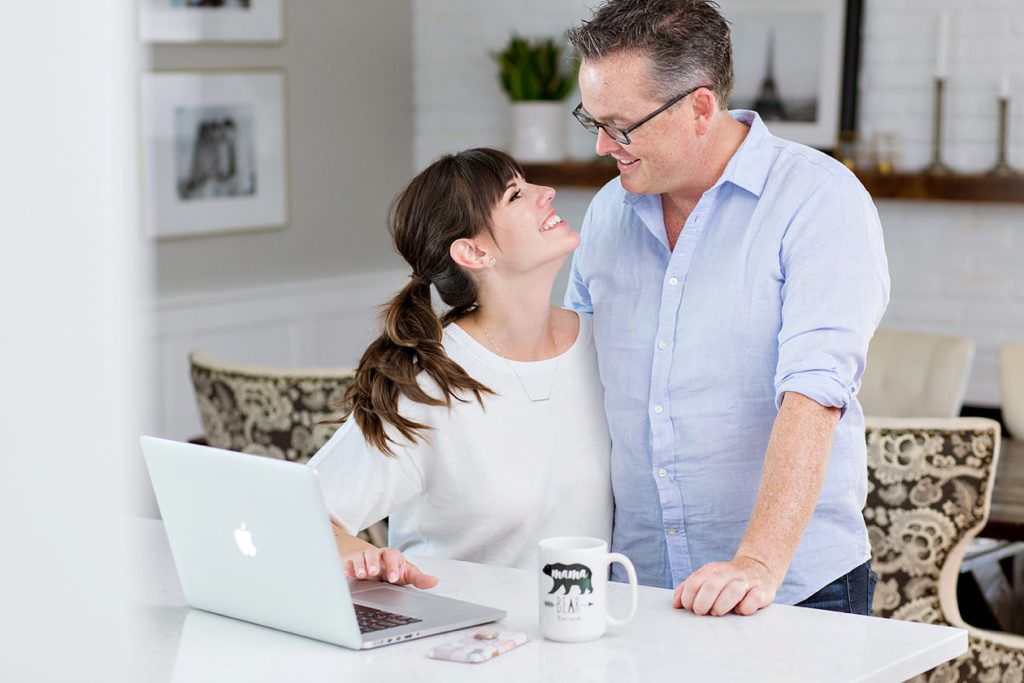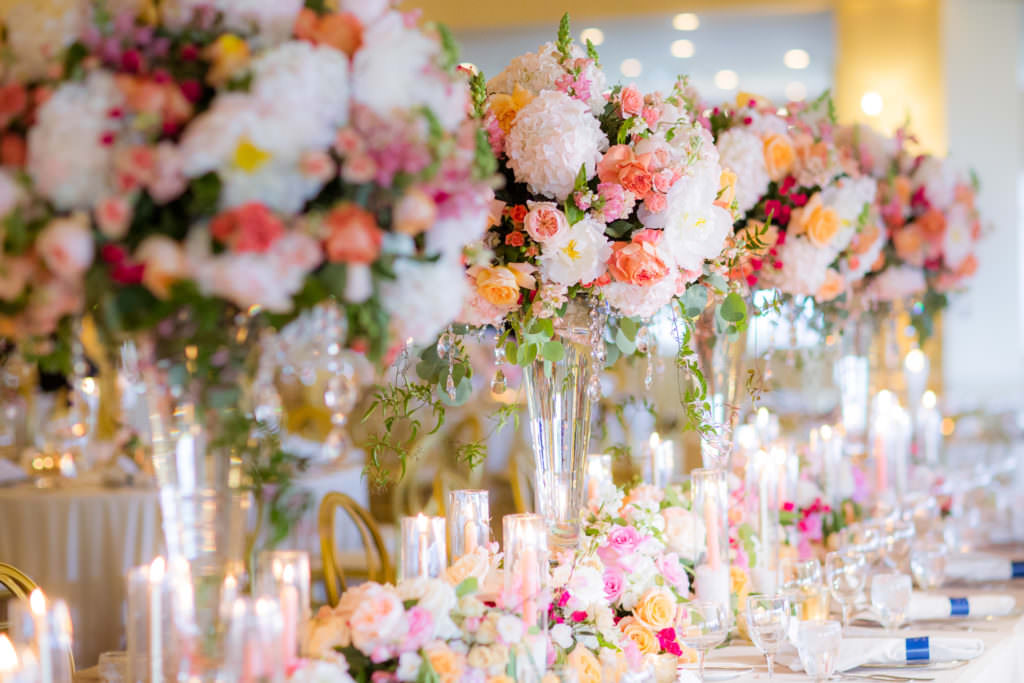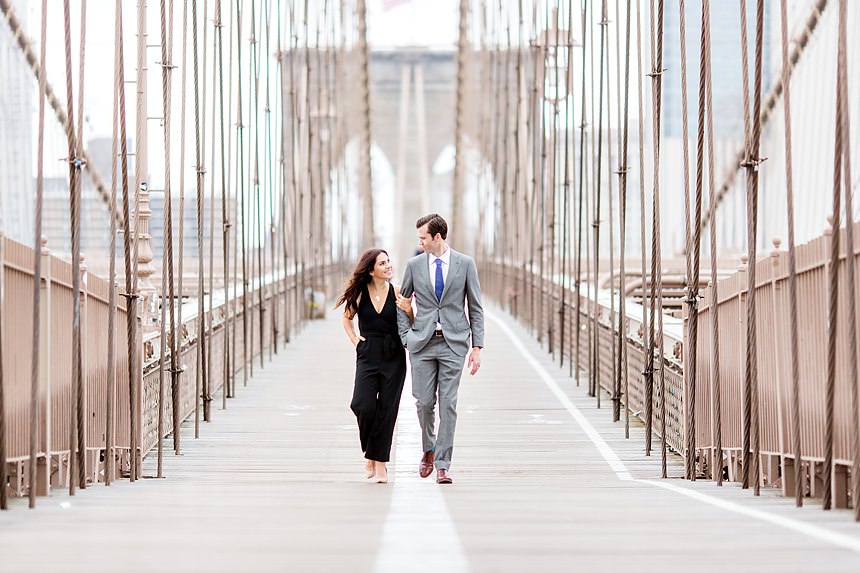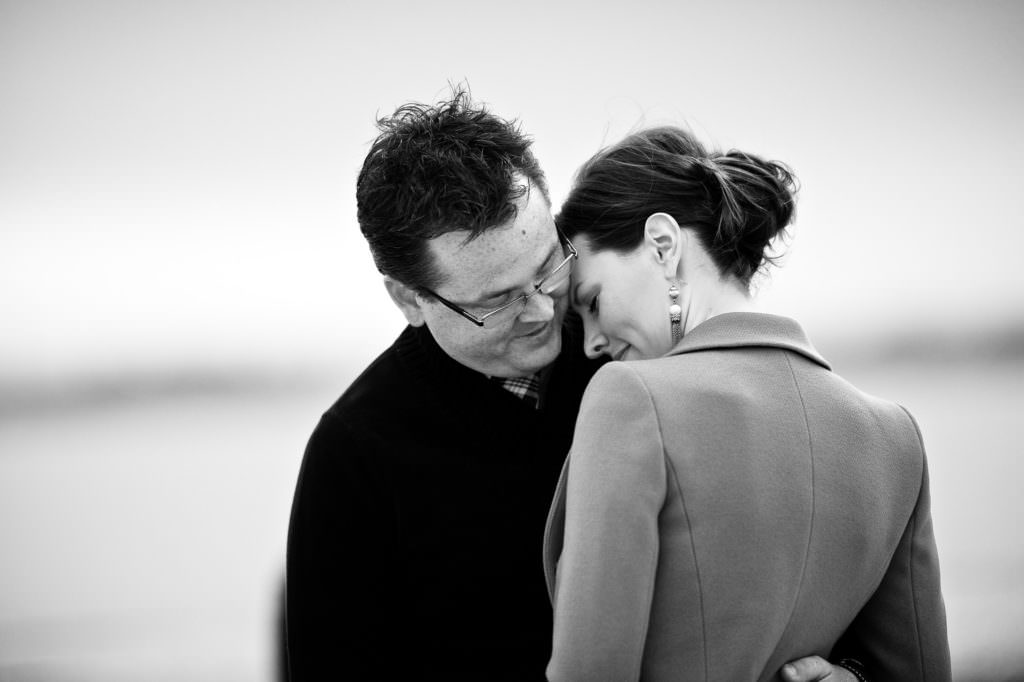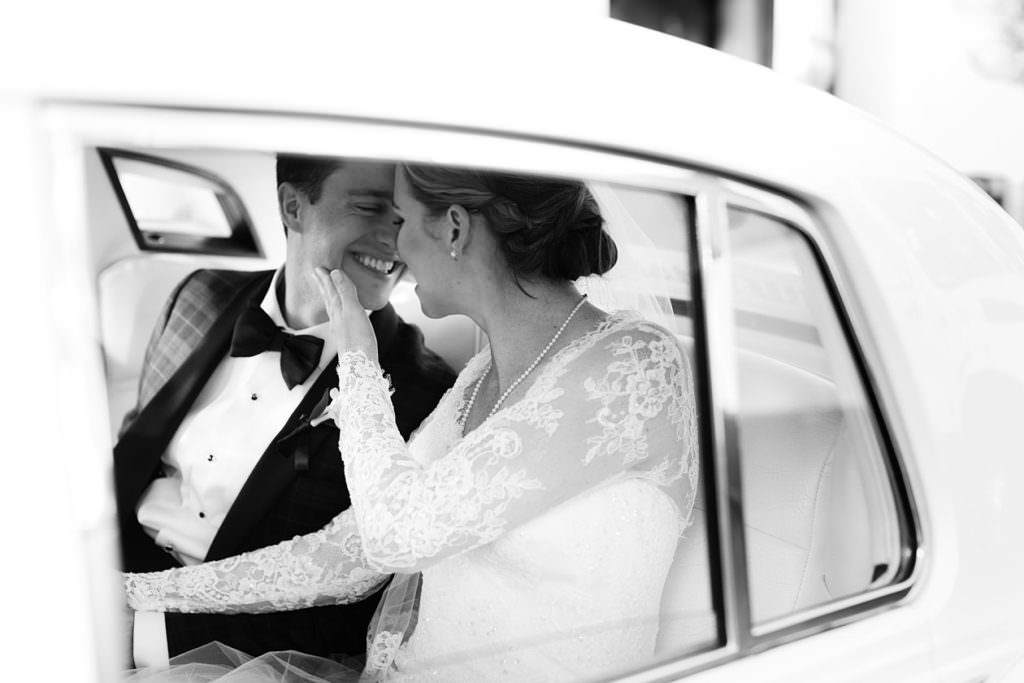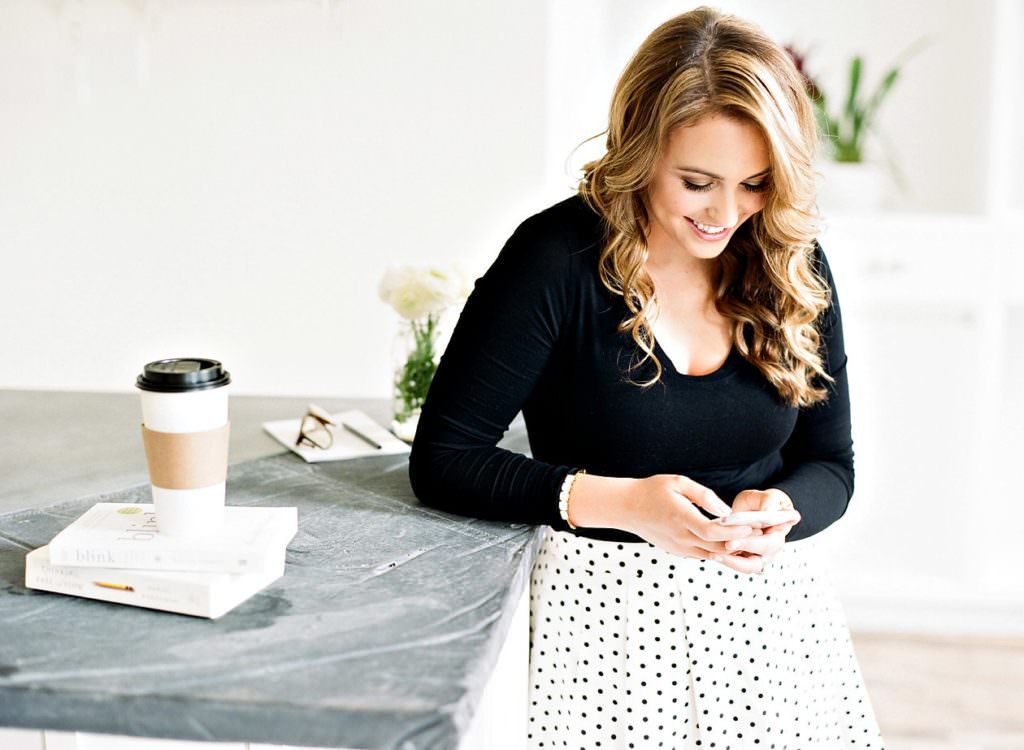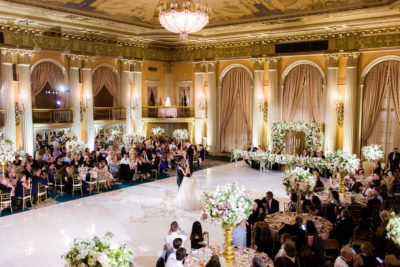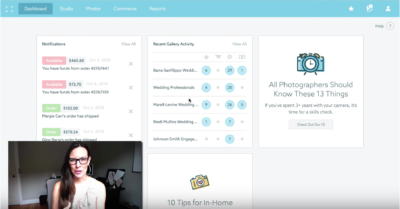Listen on Apple Podcasts | Listen on Spotify
Creative Rising Episode 106
[INTERVIEW EPISODE]
What are you believing to be true right now that is keeping you out of your vision?
What could be just as true, if not MORE true, than that?
These are questions that transformational life coach, Julia Woods, asks all the time of herself and her clients. And the answers that she produces are powerful.
I should know, because her coaching (and these questions) have transformed my own life.
Which is why I brought Julia onto the podcast. Julia’s insight into why we experience doubt, discouragement, procrastination, and fear, and how to step into a mindset of possibility will change the way you think about the battles that rage in all of us.
In this interview, Julia shares:
- The most common core beliefs that hold you back – and how to transform them into your greatest gifts
- How to overcome your life sentence so you can produce your life’s work
- How to create a vision for your life and step into it
**Listen to the Interview Above or Read the Transcript Below**
EPISODE SPONSOR: Get 50% off your Getting Started Kit with KISS Wedding Books
JULIA’S COACHING:
Beautiful Outcome
JULIA’S PODCAST:
Meaningful Minutes
Quick Guide:
- (2:49) What Transformation Looks Like
- (10:25) Learning & Growing vs Proving & Protecting
- (23:42) Our Life’s Work & Our Life Sentence
- (30:31) How to Create Your Vision
- (36:21) The Mindset of a Child
- (41:01) The Judgments We Create
Full Transcript:
Erin: (00:00)
There’s going to be a little pause before we start, so don’t be weirded out.
Julia Woods: (00:07)
(Laughs) I’m not weirded out.
Erin: (00:09)
(Laughs) Oh good! At least we’ve gotten to that point!
Erin: (00:12)
Welcome to Creative Rising, my friend, a show about what it’s really like to run a photography business. I’m Erin Youngren and today I have a very special guest. I’m interviewing Julia Woods of Beautiful Outcome. Now, Julia has been my transformational life coach for the last number of years, and you may actually recognize Julia’s voice because she was featured on episode 103 our very first narrative episode of Creative Rising. And on that episode you hear an actual coaching call that Jeff and I had with Julia. Now at the time of that call, none of us knew or had any idea that we were going to use that call for the podcast. I mean, we just normally record our coaching calls as a part of the service that Julia offers. So that call was the real deal. If you haven’t listened to that episode, I want you to go check it out right after you listen to this one. It’s amazing. Episode 103 and it’s called “The Battle of the Creative.” Now, the reason I’m so excited about having you hear more of Julia is because this show is about what it’s really like to run a photography business. And it’s about all the stuff that happens behind the picture perfect curtains of social media, right? And all the fronts that we’d like to put on the stories that we tell ourselves and other people about how amazing it is to be a wedding photographer. But as we all know, the reality of being a creative business owner is that there’s a lot of internal battles that we face, self-doubt, discouragement, feeling like we’re not good enough, that we’re just a fraud, that we should be doing a lot better than we actually are. And these are all experiences that we all have no matter what level of business we’re at.
Erin: (01:54)
So while I teach really practical stuff during training episodes, I also want to have conversations about the mindset stuff, the heart stuff, all of the stuff that comes up when we do the hard things like running a business. So if you’re into that too, you are gonna love this conversation that I have with Julia. Julia is a transformational life coach now, but she was a photographer for a very long time. In fact, she ran one of the most successful wedding and portrait photography studios in the country and it was in a little town called Washington, Illinois. So she’s lived our life. She’s been in the trenches of making money off of her photography and I really appreciate what she has to say about mindset, about living in vision and how our limiting beliefs can actually be the gifts that will bring about what we long for the most. So let’s jump right into it. Here’s Julia Woods.
What Transformation Looks Like
Erin: (02:49)
Julia Woods, thank you so much for joining me on creative rising. I am so honored to have you here. Thank you so much for being here.
Julia Woods: (02:57)
I feel the same Erin and I can’t wait for our conversation.
Erin: (03:00)
Oh good. Well, it is especially an honor to have you here because you have been my coach for the last two years and it’s just been an exciting time and you have been on the front row seat of my journey with Creative Rising and what it’s been like for me to launch a podcast. So thank you for being in it with me during this whole process of getting this thing off the ground. You’ve been amazing.
Julia Woods: (03:23)
Yes. I have been cheering you on and I’m so excited it’s actually happening. So very exciting to be on the journey with you in this tangible way as well.
Erin: (03:33)
Yeah. Oh thanks. Well, currently you are a transformational life coach, but for many, many years before you made that transition into that realm, you owned a wedding and portrait photography studio. And that studio was in central Illinois. It was in a little town called Washington, right. Had like 10,000 people. So a little town. Yeah. So you come from a creative’s world and you were making your living on photography for a long time and your studio was incredibly successful in terms of revenue and the amount of money that you were able to make. But for many of those years you worked a lot and it took a huge toll on yourself. It took a huge toll on your family and your marriage. And you came to a point where things needed to change. And so you took your business from working 70 to 80 hours a week where you were making $250,000 a year – the studio would actually bring in closer to $850,000 at the time you were bringing in 250,000 which is amazing. Most photographers can’t even imagine bringing in that amount with their photography. But you decided to make a huge change and you cut back to 24 to 30 hours a week. And the crazy thing is your salary didn’t change. So tell me the story of what that change was like. What was the moment like when you realized that you needed to cut back your hours and change your life in such a dramatic way?
Julia Woods: (05:01)
Yeah, it was a really powerful moment for me in September of 2009 when I really, the only way I know how to describe it as I came to the end of myself. I knew that the life I had been living was no longer an avenue I was willing to continue for the rest of my journey on this earth. And so I was struggling with a marriage that was not what I knew I longed it to be. My children were stressed out coming into teenage years, and I had no life outside of my business. And so I was in such a place of despair. I knew that life was more than photography and I had no idea how it could be, but I needed to find a way to get there. And so I had this pivotal moment where I began to find that the voice of my heart was really the guide that would get me there.
Julia Woods: (05:53)
And it started inviting me into some of the craziest things I had ever heard or thought, but I began to just test them and see what if they could be true, what I want to know. And I began to journey into first starting with my personal life, I’d always built the business first and thought that once I build it to the level that I want it to be, then my personal life will come. But now my heart was invited me to consider what if you built the personal life first? So I mapped out the personal life I wanted and that left 24 to 30 hours a week to work in the business. And I thought, oh my gosh, I’m going to be broke. I’m going to be dead, dirt poor. Um, but I thought, you know what, if it’s possible to make the money that I currently make in 24 to 30 hours, what I want to know. And it brought me to get really intentional with deciding exactly who my client was, exactly what I loved photographing. And it reinvented everything I did both at home and at work.
Erin: (06:50)
Was there any point in that process that was terrifying for you? It must have been so hard to, or at least in my perspective, thinking about that kind of possibility, I would think “there’s no way!” What caused you to lean into that possibility?
Julia Woods: (07:05)
Yeah. You know, it’s a great point because you know, I’m imagining the guy on the Monopoly board game where you watch and his feet are dragging in the dirt. Totally. Yup. Felt like at moments. But you know, the beautiful thing is I believe my experience, and I don’t know where everyone else is at, but by experiences that voice in my heart is the voice of God. And he knew exactly what I needed. And so simultaneously where he began inviting me into new possibilities, he knew that I first needed a really close relationship with him. And so he invited me into a relationship with him that I’d never experienced before. One where I was really getting to know him. And the more I got to know him, the more I trusted that voice in my heart and the more I trusted and I would take step.
Julia Woods: (07:53)
But that was the beauty. That’s the beauty of the voice in our heart is it just gives us one step. And so it doesn’t hurt so bad to take one step. Like I knew where I wanted it to be far along, but all I knew today was what I needed to do today. And so I thought, well what’s it going to hurt to take that one step? And I take that one step and it would produce positive results and I’m like, okay, well now I’ve got the next step low so let me try that. So it was the beauty of him giving me both a new connection with him that was so deep and real and at the same time just knowing I needed one small step and that that confirmation from that step would give me the courage to take the next one. You have, you’ve
Erin: (08:32)
talked to me before about, well you’ve used the term the creatives battle and I really like how that feels to me, it, the battle is the battle. No matter what level you’re at, whether you’re just starting out in your business or you’ve been in business for 10 years and you know you’re making the kind of money that you want to make, there’s still this battle that exists when you are a creative that’s making money off of your art, off of your creativity. So now that you’re not a photographer anymore, you’re now you’re a life coach and you do coach a lot of creatives. What do you still experience that battle in your business now?
Julia Woods: (09:11)
Absolutely. I do think it’s the human battle. I do believe that as creatives, the volume just gets turned up a little bit because every entrepreneur is a creator. Whether they’re, it doesn’t matter what kind of business they have, they’re a creator and creating is risky. What if nobody likes it? What if it’s rubbish? What if I find out I’m not good at what I want to be good at? What if nobody pays the price I’m asking for. All those things are the unknowns that we are faced with one moment at a time in our business. What if I try and set this up to create this beautiful image that I think, and it doesn’t turn out like all of those realities are what screens at us each moment of what we do in our business and it’s our greatest in it.
Learning & Growing vs Proving & Protecting
Erin: (10:26)
You use this language that I think is really powerful or that you’ve, you’ve learned about this language. It’s the difference between learning and growing a learning and growing mindset or a proving and protecting mindset. Tell me a little bit about those two things and the difference between the two.
Julia Woods: (10:45)
Yes. So, you know, creativity. Ultimately the definition of creativity is creating something new. So it’s never been done before and the definition of stagnation is just doing the same thing over and over. And so I believe as creatives and as entrepreneurs, we’re constantly faced with that. Do I want to do the same thing I’ve already done because I know it works and it feels good. Um, cause I know it’s going to work. I don’t have to risk, I don’t have to, you know, potentially bruise my ego. My Ego always wants to look good, feel good, be right and being control. And so what I’ve always done or what I’ve already done helps me feel that my ego gets fed. But creativity is going to invite me into something that hasn’t been done before. I don’t know if it’s going to work. I might look like a complete fool.
Julia Woods: (11:35)
I might feel like an idiot. I don’t have any control over whether it’s going to turn out and I don’t know if I’m going to look good. That is the battle. That’s the battle line in our mind is do I want to feed my ego and stay with what I already know or do I want to grow and create, create something new. And so we’re literally choosing which mindset and when I’m choosing to stay stagnant, I’m proving and protecting whatever I’m afraid of. Because by nature, if I’m going to do the same thing I’ve already done, it’s because usually I’m afraid of something or I’m doubting something or I don’t believe I have what it takes or whatever. So let’s say I am thinking I need to raise my prices and my there a battle line in my mind of what’s going to happen on one side of the battle line is I keep my prices the way they are or on the other side of the battle line is I raise my prices if I keep my prices the way they are, it’s because the proving and protecting side, the battle has won out.
Julia Woods: (12:39)
I’m proving and protecting maybe that I don’t have what it takes to raise my price. Maybe I’m proving and protecting that my clients wouldn’t pay more. Maybe I’m proving and protecting that my images aren’t that valuable to charge more whatever, like I’m proving protecting something, so I’m going to stay in the current reality that I already am existing in. If I’m gonna create a new price list, if I’m actually going to step into that, then I’m actually choosing to learn and grow. What I don’t know, I don’t know. Like I don’t know if my clients will choose those price to pay those prices. I don’t know if my work is good enough at that value. I don’t know any of those things, but I’m willing to learn and grow into the possibility so I can create something new. Does that make sense?
Erin: (13:23)
Oh definitely. So how do you know which mindset you’re in? Like how can you identify that when you’re like, oh, well, I’m proving a protecting right now, you know, how do you identify that? Or how can you notice that? And then how can you then, you know, step into a learning and growing mindset?
Julia Woods: (13:42)
You know, for me, one of the elements of learning to follow my heart has brought me to be very aware of the voice of this machinery that we live in, the body that we live in. It’s, it’s kind of constantly communicating to us because what I believe produces what I think, which produces what I feel, which produces what I do. So I don’t usually notice the doing first. I don’t, I mean, I kind of do know, I’m either creating a new price list today or I’m not, you know, but I kind of make up easily make up excuses about why I didn’t have time to do that. But the next thing I clue into usually most authentically is what I’m feeling. And so when whatever mindset I’m in, my body cognitively expresses that. When I’m in approving and protecting mindset, I feel the word I use is a little bit strange, but I feel, I use this word called the grungy cause.
Julia Woods: (14:36)
I feel the grungy is inside. Like there’s anxiety, there’s a sense of just this, oh, in my gut there’s, you know, I feel resistance inside of me when I’m learning and growing. When I’m in that mindset, there is a a nervous excitement. There’s an energy, there’s a hope of the possibility. There is a surrender to trusting what my heart is telling me I need to do and not knowing if it’s going to work out, but having the grace to know that if it doesn’t work out, I just learned something new that I can go again and find something else that that could work.
Erin: (15:17)
Yeah, I love that. I totally, how strange is it that I totally identify what you mean when you say the grantee’s? I’m like, yes, I totally get that. I’m like, Yep, that was yesterday or the day before when I was like in that moment where I’m just doubting myself or not sure what to do next or feel like, oh, this is never going to work. Whenever I’m in that place like I, I 100% get what you mean by the grantee’s. I love that.
EPISODE SPONSOR: KISS BOOKS
Jeff: (15:48)
Talk to me about the warehouse a little bit. Talk to me about the people that are making this these things.
Shaun:
Yeah, that’s exactly what it is. It’s people making these things.
Erin: (15:56)
Meet Shaun, the owner of KISS Wedding Books. KISS is the company we trust with all of our wedding albums and it’s because of two things – the handcrafted books and the heart of the company.
Shaun: (16:08)
They are real artisans that build these books and it’s pretty amazing to see like pallets of paper, just blank paper come in and kind of like what goes out from that. It comes in as like blank white paper and when it leaves it’s like these beautiful handcrafted stories of these like family’s lives.
Jeff: (16:27)
We’ve been users of kiss since like the very beginning, like I think it’s been almost like 12 years that we’ve been around. And when you first started out, you were known as the world’s simplest book company. That was kind of your thing. And now the tagline that you guys use everywhere is pursue simple. Can you tell me what that means to you?
Shaun:
To put it simply, if we can create an atmosphere for photographers to thrive in the album portion of their business so they can focus on the things that matter to them, whether it be like it could be their family, it could be like their community, it could be that they want to really hone in and master their craft as photographers and in their photography.
Shaun: (17:04)
I’m like, I’m good with those things, but what we’re going to do is create the space in the album world for it to not be like so scary as far as the sales goes, or the design or even the ordering process or the amount of options that there are. So we’re doing everything that we can. Our vision for the business and for people that choose to use kiss is to simplify this part of their business. And so if we continue to do that, it creates a like kind of like a road for us to go down and those that choose to be on it with this or are now living this like pursuit of simple.
Erin: (17:36)
Right now KISS Wedding Books is giving Creative Rising listeners half off of their Getting Started Kit. This kit includes everything you need to start selling KISS wedding albums to your clients. Things like a complete swatch set, paper samples, a linen styling mat, and $250 to use towards your very own sample album with your own work on the inside. The price of the kit is normally $300 so go to creativerising.com forward slash kiss to get half off of that price. That’s creativerising.com/KISS.
Get 50% Off a Getting Started Kit with KISS Books Here
Erin: (18:24)
Tell me about a time when you’ve felt those grungies or when you found yourself in a proving and protecting mindset. Has there been a moment that you can describe maybe when recently or in the past that that’s where you have found yourself and where are you able to get into that learning and growing mindset?
Julia Woods: (18:43)
Absolutely. You’re calling me out Erin. So, you know, as a transformational coach, my job is to sit in conversations and listen to people’s language to listen to where they’re getting in their own way. And so while that is what I do and that is the creative work, the bigger creative work of what I do is trying to explain it to the world, trying to create tangible tools that my clients can use just on the fly and on the go to grow in their transformation. So like you, I also have a podcast and it brings up a lot of proving and protecting for me. Up until now I’m seeing more calm. I love that. So last week, every month I have what I call a writing week where I create content to share with my audience and the things that are resourceful in learning and growing for them.
Julia Woods: (19:36)
And so my podcast is something where it’s just me taking different things that I can see myself and my clients struggling with and creating context of, of opening up new possibilities. So this podcast is me just sharing what I’m learning in my life right now. And so on my writing week, my job is to record, to podcast to write and record and edit to podcasts. And so last week cause my writing week and I had this new thing going on in the business that I was super excited about. This new platform I’ve opened up for my network and it was a fun distraction and I kept making excuses in my mind about, well I’m doing a great thing. Like this is really growing the business and do I really have to create two podcasts every week? Like, you know, our mind is the biggest deceiver of what we’re actually up to.
Julia Woods: (20:23)
And so I was coming up with all these excuses and it came Friday and I, I work, you know, a shorter day on Friday to pick up my daughter at two o’clock and two o’clock was coming. And I’m like, I have not done a thing to get these podcasts done. And I’d felt the grungy through a lot of the week. And so finally I was like, in my mind, I heard the thought, you’re not going to get the podcast done. Just accept it. You messed up, you didn’t get them done. Just you’re not going to do it. And I’m like, wait a minute, is that true? If I could get them done, what I want to know. And so my vision, interestingly right now, I always invite my clients to live in a vision. And my vision is consistency. So I’m like, okay, I’m at a crossroads.
Julia Woods: (21:03)
I’m either going to choose my vision and step into consistency and consistently create two podcast every month. Or I’m not, what am I, what am I doing? And I was like, okay, I’m committed to do that. And so I got with myself and I was like, okay, if you could create the podcast, would you want to know? And I said yes. And so I needed to make some requests of my family members and things. But come Sunday, the podcast came out the way it was supposed to come out to my audience and I’m working through right now, the second one, and so it’s this constant conversation of which mindset of I’m going to choose and that’s my most recent experience. Probably less than 48 hours ago or 72 hours ago.
Erin: (21:48)
That’s amazing. Yeah. It really doesn’t matter how long you’ve been in business. There is still this, I don’t know what it is, I don’t know what you would call it. Is that human desire to, to be in those excuses like there’s this pull to get back into proving and protecting and it seems to just, maybe we’ve just become better as we get along. Like we become more experienced with it and we learn how to deal with it or notice it or get ourselves out of it. The longer that we do this or, but that pool always seems to be there. Is that your experience that it’s always going to be there or is it something that you could just completely get rid of? Do you think that’s even possible?
Julia Woods: (22:28)
I don’t think you can get rid of it. I think it’s the machine we were born into. It’s actually on default setting within our brain because our brain is wired for comfort and proving and protecting what I already know is comfortable. I’m not happy to learn something new and find out I don’t know something or I’m wrong, or whatever risks our comfort. It risks our ego of looking good, feeling good, being right, being in control. So by nature we don’t want to be creative. As crazy as that sounds like, yes, we know in our hearts we want to create because there’s so much joy and excitement in it, but it’s actually an upstream. It’s like a salmon swimming upstream. It’s a fight against our nature to actually create something new
Erin: (23:42)
That speaks directly to my experience. I just feel like, is this ever going to go away? And what happens for me in those moments is I think, okay, I’ve been doing this for long enough. You would think I would be passed this by now, which is just a statement of shame, right? Like you mentioned in when you are in that mindset and you’re saying, okay, I’m not going to get this podcast done, I’ve messed up and I find myself talking to myself like that quite often. Yeah. Like it comes down to I have messed up, I have done something wrong. I am bad, broken or wrong. And that shame seems to go hand in hand with proving and protecting. Is that, do you find that to be true? Like talk to me a little bit about the element of shame in the whole mix of it all.
Julia Woods: (24:31)
If I can go one step away from that to come back to that, I think it might add co helpful context. I believe as human beings we are innately in us is our life work and our life sentence and our life work is our greatest purpose. It’s what we were created to do. It’s the gift of our life that we bring into the world through everything we do. And then there’s our life sentence, which is the arch enemy. So within every human being is both good and evil. Our life work is the good that we are created to bring about and our life sentence is the evil that isn’t actually the arch enemy of our life work. So our comfort zone actually resides in the life sentence and down at the core, within that life sentence is this belief and people’s beliefs are different.
Julia Woods: (25:24)
There’s a lot of different beliefs from I’m a fraud or I don’t have what it takes or I’m not valuable, I’m not worthy, I’m not good enough. These kind of core beliefs are just in the human DNA. It’s a part of who we are. So our comfort zone many times, like what you said Aaron, is um, there was this statement you said earlier and I wish I would have written it down about what comes up for you when you’re getting ready to create and it was something around I’m not good enough. Do you remember what it specifically was?
Erin: (25:56)
Just now or a previous time when we’ve talked together?
Julia Woods:
Just now.
Erin:
I just identify with how you said, “Oh, I’ve messed up or I wished that I would be over this by now.” Like, when am I going to get past this?
Julia:
Yes. You said, “I shouldn’t be dealing with this anymore.” Like I’ve been at this work long enough. I shouldn’t be having these kinds of things come up.
Erin:
Exactly.
Julia Woods: (26:22)
At the core, that is a sense that something’s bad, broken or wrong with me. I shouldn’t be feeling this and there, if I am feeling it, then that means something’s bad, broken or wrong, which is, which is the definition of shame and shame comes from and speaks out of that core life sentence that is on. It’s like playing on a low volume underneath the surface of what we’re up to in our life and until we know it’s there many times it’s just a voice that drives us and directs our life without us having any idea. It’s doing it and so it isn’t something that you should not deal with. It is a part of being in our human bodies. The gift of it is, the more I get some Millar with it, the more I know it, the more that I actually decide can decide if it’s running me or I’m running it. I can decide if it’s only me and running my life or if I’m owning it and deciding, no, you’re not going to have your way today. I am going to get this podcast done or I am going to risk and raise my prices or whatever. Like we get to actually take control of it. The more we get to know it. And so you just learn to get more comfortable in the uncomfortable because going swimming upstream is uncomfortable and it’s a part of creating a greater future.
Erin: (28:05)
So that’s a really powerful way to reframe your thinking about it, to think about that as a gift, that it’s not something that keeps you from what you long for, but it can actually be something that can help you get closer to what it is that you long for. Is that what you’re saying with this whole thing?
Julia Woods: (28:26)
Absolutely. The more we get to know our machinery, the more we actually can use it to our advantage. So the other day when I was resisting doing the podcast, I thought, okay, so what is this like I know that I can accomplish what I set out to put two, you know what I put my mind to I can accomplish. So what am I resisting? What is this really about? What am I working to prove and protect? And as I got with it and I got quiet with my heart, I began to realize that I knew I was capable of more than I had been polluting out, that I actually wasn’t fully showing up to the opportunity and did I want to deal with that? But my brain doesn’t want to think about that. So it actually just finds excuses like, well, building this network is really important and this and that.
Julia Woods: (29:12)
And so it, it, it covers up the real honest character development that life is constantly inviting me to. And so as I was willing to be with, okay, am I, if I were going to show up the way I fully wanted to show up, if more was available, what would it be? And I realized that I had been resisting, created an outline and just trying to kind of write free flow and then record from there. I also realized that I had been resisting, really getting curious about what’s the biggest thing, what’s the biggest result I want this podcast to produce, you know, each time I do it, and what would be the most important conversation the client would be having throughout this podcast. And so once I did that, once I got clear about that, the podcast just flowed. But that whole week of proving and protecting was all because I didn’t want to dig deeper. I didn’t want to call myself up because it would require me get out of my comfort zone. It required more work than what I’d been willing to do up until that point. And that’s the gift of life is that many times our proving and protecting is actually trying to get our attention about where we’re settling for less than what’s actually possible. And we’re resisting being called up in that way.
How to Create Your Vision
Erin: (30:31)
Yeah. There’s two things that you’ve said that I really love. One, earlier you were talking about your vision that you’re committed to consistency and that is part of your vision. And the second thing you said that I love is being called up and for me, when I am clear on my vision and clear on my commitments, then that automatically calls me up and calls me into more. Can you talk a little bit about how to create a vision, how to understand what that vision is and honestly how to gain clarity around that vision. Cause I know for me that’s a huge struggle and in talking to other folks, I think that clarity around a vision is, is a big thing that seems elusive or maybe it’s that we don’t want to get honest with ourselves. I’m not sure. But what would you say to someone who says, I just can’t get clear on my vision?
Julia Woods: (31:23)
Interesting. That’s the podcast I just recorded and sent.
Erin: (31:26)
Oh, wonderful! So go listen to your podcast episode.
Julia Woods: (31:31)
I do know that it is by nature. We don’t want to be called up by nature. We don’t want our characters to be Isabella because it’s not easy. It’s, it takes work. It takes commitment and intention and and yet our life work calls us to it. Our life work really is one step at a time of character development, growing us into the becoming of what our life work is requiring of us. So your question was how do I gain clarity around a vision? So the quickest ways that I recommend people do that is start with the simplest question of what is it in my life right now that I don’t want? What’s in my relationships once in my business? Like usually it’s our suffering, our current suffering is inviting us to get clear about our vision and our suffering is a gift. All these things in life that we don’t typically like.
Julia Woods: (32:31)
They actually can be a gift if we begin to learn what they’re designed for in our journey of living the possibility of our life. And so if you can get clear about what it is that you don’t want, then turn that around. Like let’s say I find that my clients aren’t closing the sale. Like they keep coming in, they keep saying they love the images, but they’re not actually closing the sale. So that would be my suffering. Like what I don’t want is my clients walking out without ordering. What I don’t want is me then dragging it out two to three months after that, trying to get them to finally order. So if I turn it around and I get clear about what I do want, I want my clients to close their sale at the time that they’re closing it. I want the clients to buy their images the first time they see them.
Julia Woods: (33:21)
So that’s what I want. Now from there, I get to look at what am I contributing to them not currently doing that. What am I contributing to them? Not buying their images at the time. I show them to them and I get to list that out. And maybe it’s that I’m vague about what they’re supposed to do in that meeting. Maybe it is that I’m vague in what I think that they need to invest in. Maybe I haven’t gotten clear about what they might be investing when they come into that appointment so that they’re actually prepared and ready and not hitting sticker shock. So all those things I can look at and once I get clear about what I’m contributing, I can then say, okay, what do I need to contribute? So maybe I recognize I need to communicate clearly or I need to be authentic in my requests or whatever it is that I realized would actually turn the situation around and produce them.
Julia Woods: (34:19)
Actually buying the images at the time they’re seeing them for the first time. So then that becomes my vision. My vision might become, I am authentic in my request or I am clear my communication or I am honest about my pricing from the start or whatever. But then that becomes my vision. And then each moment throughout that next three months that I’m living into that vision that constantly calls me up. Each moment I send an email. Each moment I’m on the phone, each moment I’m in a session, I’m asking myself, my brain is searching for are you clear in your communication? And that’s what begins to develop.
Erin: (34:58)
So it becomes this guiding question and this, I don’t know if you could think of it as a promise to yourself, but it becomes something that you can then use in all of your everyday big or small decisions and interactions to help you step into the vision that you are being called into. So I love that. I love how the way that you describe it, it becomes something that becomes very practical versus I think vision can sometimes feel big and lofty and kind of unclear and maybe this big idea like an ideal versus this everyday practical thing that can actually move you forward in your relationships with others, with your cell phone, with your business.
Julia Woods: (35:51)
Yeah, because how I do anything is how I do everything. So if I’m not clear in my communication at work, I’m not clear in my communication with my spouse, with my kids, with my friends. And so when I call myself up to that, I get to start noticing everywhere how it’s showing up and what it actually looks like. Um, moment by moment in my life and as I grow it with how I show up with my spouse, I then learn new ways of how to offer that with my clients.
The Mindset of a Child
Erin: (36:22)
You also say that children are born automatically into a learning and growing mindset, but that what does it, at the age of five, we start creating this, stepping into a proofing and protecting mindset tech. To me a little bit about that and what that means for us and what that looks like. How do we, can we tap into that childhood mentality of this is just how it is being in a learning and growing mindset?
Julia Woods: (36:50)
I definitely believe so. So I think that children are born with both. They’re both, they’re born with the proven and protecting. They’re born with the learning and growing, but if you look at a child, child’s ego is pretty low. They don’t care. They’ll make a fool of themselves. They’ll stand up in a crowd and just start singing because that’s what they feel like doing. Like they’re not really that. They don’t really need to impress anybody too much. They’re just loving life and they’re constantly like, Ooh, what’s it? What happens if I do this? And what does that mean? And Oh Gosh, why? Why would you say that? Like, you know, they’re just constantly learning and growing. But my experience is that, well, scientists have proven that children at the age of five begin to move more into a proving and protecting type place. I’ve, I make up that it’s because they begin to get introduced to their peers in a new way.
Julia Woods: (37:41)
Like, you know, before preschool was started so young, it used to be you’d go to kindergarten at five years old and all of a sudden you have this peer group looking at you, shaming you, condemning you if you do something that they don’t see as right or the way it’s supposed to be. So now all of a sudden you start learning these formulas for, oh, this is how it’s supposed to be. And if I go outside of that, then I feel shame and I don’t want to feel shame. So I’m going to do what everyone else wants me to do and I’m going to stop learning and growing what works for me. I’m going to start learning and growing. What else is possible beyond what everyone says is possible. And so we gradually start shutting down our curiosity that naturally produces learning and growing as an adult. I think the more you become aware of that, the more you can decide, look, is my ego going to take me towards my life? Work is worrying about what everyone else about me going to take me towards my life, work and produce the results I really long to for, or am I just going to settle and and fit into this mold that everyone else has decided I’m supposed to be? So yeah, I think it’s up to each individual to take the responsibility to engage their five-year-old child no matter how old they are.
Erin: (38:56)
That’s such a fun way of approaching the whole thing. Like, and it’s so true, these, you know, small children, you look at them and you long for how they interact with life. You’re like, man, I wish I could be that way. Is there, I don’t know. Are there some practical ways that we can think about that? Is it mostly just a noticing, you know, how it is that they are and just tapping into that a little bit or just, you know, allowing ourselves to have more freedom and curiosity in that way. Is that, is that really what it’s about?
Julia Woods: (39:25)
Well, I think the gift of life is, you know, what we’re up for comes to us. Like if you’re sitting here listening to this and yesterday you just happened to be with your niece and nephew or your daughter or son and you saw that you saw exactly what Aaron and I are talking about. Like that’s a gift. Life offered you yesterday to prepare you for what you were going to hear today. And that’s how life does. So if you need to be observing in another child, like those moments are gonna show up or you’re going to think, wow, I haven’t spent time with that child. I want to go do that right now. Ultimately, I think the way that light we begin to notice those gifts and actually unwrapped them is we create a vision. And when I get clear that this is what I’m up to, we start looking at places we wouldn’t normally look. We start challenging our thinking in ways we wouldn’t normally challenge it. We start considering possibilities that we never would have considered. And all of that begins to grow or reignite our inner child of curiosity that wakes up everyday excited about what am I gonna Learn today? How am I gonna grow today? And I’m committed to that until I’m 105 years old because my experience is that’s the most exciting way to live. Life is always learning and growing and um, but it does take intention.
Erin: (40:40)
Yeah, definitely. I love that until you’re 105 years old instead of just five years old. That’s great. I’m stealing that. (Laughs) I steal all your things, but that’s okay.
Julia Woods: (40:53)
(Laughs) That’s not mine. It’s all just a what I’m choosing to gain and understand in my own life.
The Judgments We Create
Erin: (40:59)
So I’d like to shift gears just a little bit. I mean a little bit, it all goes hand in hand. All of this feels like it’s all part of the same sort of story or way of being or however you want to describe it. But you say that you know, challenging our mindsets. And when you said that, I was like, Oh yeah, I had to challenge so many of my mindsets and those mindsets really were judgments that I had about myself, about Jeff and about our business. And I had to really challenge some judgments that I didn’t know existed. I had so many stories that I made up in my head about the way things should be and that really unlocked a lot of things for me. So I’d love for you to talk a little bit about that for our listeners who might, you know, get something from that, who may not have ever come across this opportunity to challenge some judgments that they may have. And I know for me that was super powerful. So talk to me about what are judgments and how are they, you know, how can they hold you back from the life that you really you really long for?
Julia Woods: (42:15)
Yes. So our brain, there’s so much I could tell you and so I’m going to condense this to the simplest way I can think to describe it at the moment. But basically our brain is simply a machine of information in information out and we’re actually in charge of what we decide to believe about life, about ourselves, about others. And what we decide to believe is really based on judgements. So if I get hurt by something that happens in my childhood, then I’m usually going to create judgements to keep myself safe from that happening again. And as soon as I choose that judgment, then I actually start wiring the filtering system in my brain for what it’s listening for. So let me think about this. Okay. A real life example I think is best. So as a kid I grew up and my sister was the artist in the family and she wanted that role by herself.
Julia Woods: (43:16)
We were 18 months apart. There was a lot of competition between us. So she was very adamantly telling me as a child, your not creative. So okay, great. My bigger sister, I love her. She’s beautiful. Everything. She guys is amazing. She said, I’m not creative so I must not be creative. So I created a judgment about myself. She had a judgment about me and I bought into it. So as I went into my life, as I came into the possibility of what career choices, photography was not on the list because that would take creativity and I wasn’t creative in my mind. That’s what I decided was true. Like I didn’t even question anymore. I was proving constantly working to prove and protect. Now I was not creative and then photography came into our world and I loved it. I knew it was something I longed to do, but on the back, running in the quiet levels of my brain was this conversation that I’d completely forgotten about what happened when I was a kid, but for some reason I really struggled with creativity.
Julia Woods: (44:12)
I just, it kind of came up all the time in my business and in my photography. And so finally, when I began to understand more about this work and I began to understand how I was getting in the way and how I was resisting. And there was moments where I’d see amazing moments where I could take a photograph and I wouldn’t take it or I’d miss it. And so I started getting curious like, well what is that about? Like if I were actually self sabotaging, would I want to know? And so I began to question and as we got curious with my mind like, do you want to be creative? All of a sudden that judgment popped up and my memory bank came back up, your not creative. And I remembered what I decided as a kid. And so in doing that, I began to see, okay, is that going to take me towards the life I want? Is that gonna produce the results I want my business? Or would I be willing to learn and grow or consider something else might be true or just as true, if not true or that I’m not creative. And that inquiry began to open up a world of possibilities for me. I began to decide, I began to learn how I was creative. I began to learn that every single human being is creative and we create in different ways and so it reinvented how I show up
Where To Learn More
Erin: (45:32)
How can people get to know you more? How can they dig into this? If they’re sitting here and they’re like, holy cow, this Juliet person is incredible. I love what she has to say and our heart and it’s piquing some interests. Like how can somebody dig into this more with you? Where can they go?
Julia Woods: (45:49)
Yeah, I definitely encourage them to go to my website, which is beautifuloutcome.com and on there you can join my email list and all we, you can definitely reach out to me and just put hello@ in front of beautifuloutcome.com and you can email me and just share with me where you’re at and what you’re curious about and I’d love to see if I can be a resource to you in any way.
Erin: (46:10)
Thank you so much for being here with us today. I really appreciate your time and for sharing with all of our listeners all of this really, really amazing stuff that truly is life changing for people.
Julia Woods: (46:22)
Thanks Erin. It has been an honor and you know, I love getting hope and possibilities into people’s hands in every way possible.
Erin: (46:28)
Thank you so much for tuning in today. I hope you enjoyed my conversation with Juliette. She is such a gift. I know that she has been life changing for me in my marriage, in my business, in my relationships. I am just so honored and blessed to have her as a part of my life. So anytime I get to share her wisdom with other people, I jump at the opportunity, check her out. Beautifuloutcome.com she has tons of resources. She has a course, she has a podcast, and she has lots of ways to get connected and to learn more from her. If you have enjoyed these episodes, then please subscribe and leave us a review. It would mean the world to me and I will see you in the next episode of Creative Rising.


